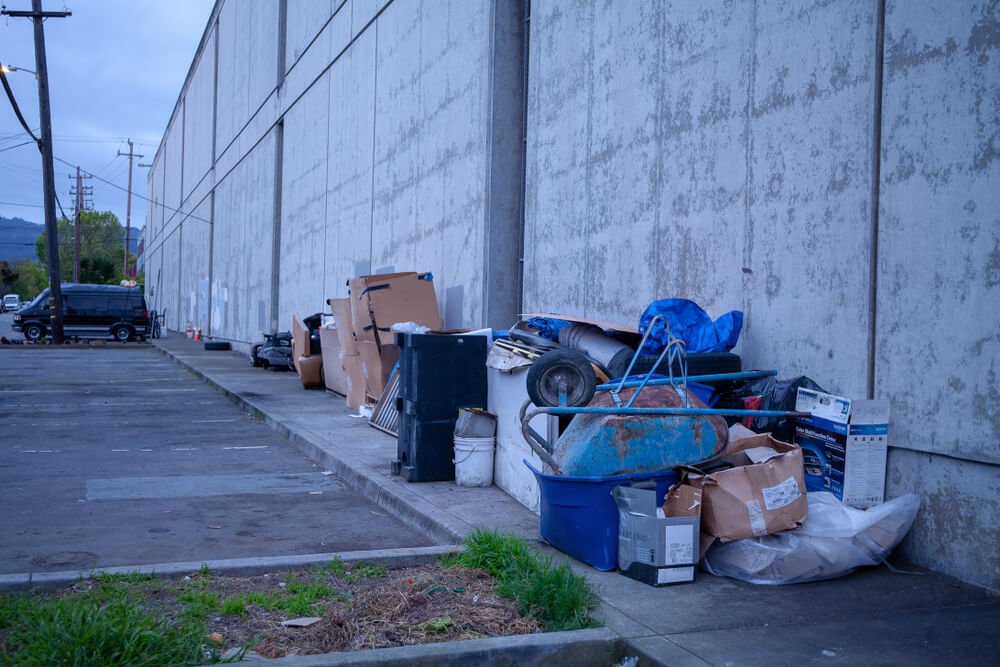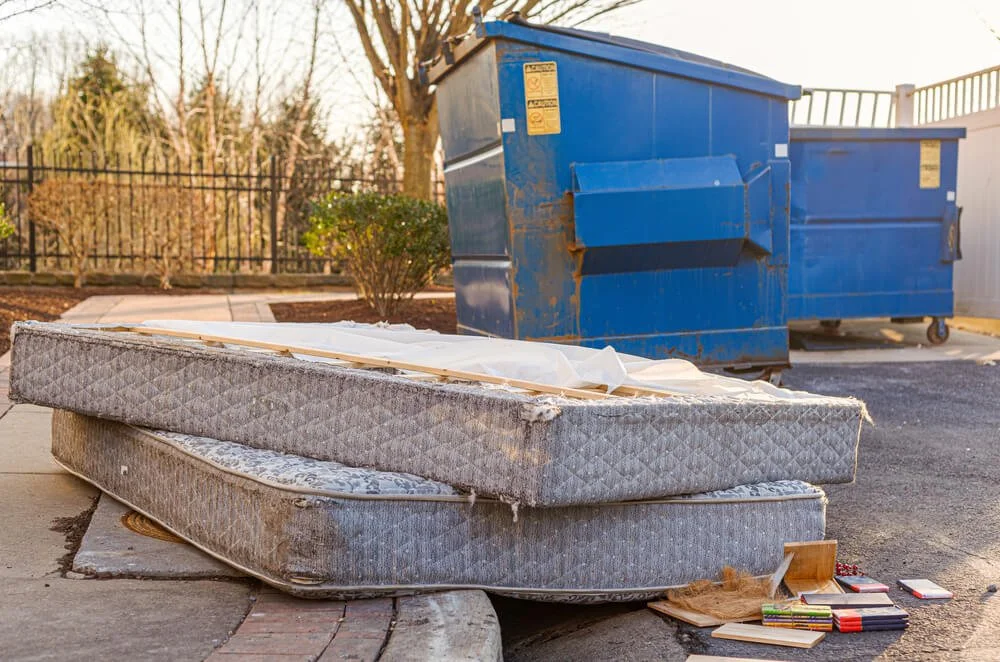How to Prevent Illegal Dumping
Illegal dumping remains an issue that many face in a variety of scenarios. Most often, individuals that are unsure of how to dispose of larger or unique waste items participate in illegal dumping so they no longer have to worry about it themselves. Whether you own property people tend to drop items on or run a business where you need commercial waste services, you may have to deal with people breaking the law.
It’s vital that you understand what illegal dumping is, how to report illegal dumping, and steps to take to further prevent illegal dumping if you want to keep your property safe. Understanding these points will help you operate under the law while finding effective ways to prevent it.
What Is Illegal Dumping?
If you ask, “what is illegal dumping”, you should understand it’s the process of getting rid of an object by leaving it somewhere rather than disposing of it at a proper center. For example, if you go to someone’s yard and leave some old supplies, you participate in the crime.
You may want further explanations on what illegal dumping is We encourage you to keep the following points in mind, so you don’t end up doing it:
Leaving items on a property
Doesn’t involve storage
No dumping on your property
First, you must realize that illegally dumping means leaving it on a property you don’t own. You may bring the item to the property wanting to throw it away and get rid of it. However, if you leave in a spot without a proper disposal method, you’re performing illegal dumping.
Leaving it as storage won’t qualify as dumping since you intend to move it later. You can approve storage for your property, but if people place items without your permission, it falls under dumping illegally.
You also can’t throw materials away on your property, so don’t leave them there without planning to use them. Doing so could count as dumping on your property, based on your area and the laws in place.
However, leaving biodegradable items on your property won’t cause issues. If you ask, “what is illegal dumping”, think of it from the perspective of permanence and littering. For example, if you leave an apple core on your property, you aren’t dumping it.
How to Report Illegal Dumping
If anyone dumps items on your property, you’ll want to know how to report illegal dumping. You can usually do so through a few standard methods, such as:
Sending an email
Making a phone call
Filling out a form online
You can generally go through different contact methods to find the best approach for your situation. For example, you can email if you want to share tons of information quickly or have proof of your contact. You may wish to avoid legal action based on the situation, so see if you want to go with email.
If you want another method while considering how to report illegal dumping, try to call the company. Doing so will make it easy and fast for you to mention the illegal dumping and report it as quickly as possible.
Online forms also work well as you learn how to report illegal dumping. The documents vary depending on the situation, so look up your area and find out about it. Doing so will help you fill out the form and get the information out there, so you’ll avoid problems.
How to Prevent Illegal Dumping From Happening
You must look into preventing illegal dumping if you plan to protect your property. That means identifying preventative measures, so people won’t leave items near your house or anywhere else, so review the options available to protect your home.
Put Up a Sign
You can keep it simple by putting up a sign that states “No illegal dumping” or something similar. Doing so sends a clear message to people, so they think twice about it and follow the directions displayed on the sign.
You should add details about reporting any dumping on your property if people do it too often. That way, you’ll inform people about the situation, so they won’t do so and risk facing legal charges.
You can have a custom sign printed or see if you can find a generic one based on what you want to display in front of your property.
Create a Gate or Fence
You can also put up a gate if you want to focus on preventing illegal dumping on your property. Even though it seems like a simple solution, it works well since it prevents people from accessing your property in the first place.
You should also add a gate to the fence if you have a driveway. Doing so will prevent people from entering your property while making it easy for you to drive your cars onto and off your property as needed.
You could use the gate along with the sign to discourage people from dumping garbage on your property.
Add Security Cameras
If the signs and fences don’t work, you may want to add security cameras to your property. If people see you’ll record them when they place items near your home, they may not do it in the first place.
Even if they dump on your property illegally, you’ll have proof of their actions. Ensure you purchase high-quality cameras if you go with this route, so the authorities can identify people if they go on your property without permission.
Multiple locations around your property cover any spot where people may try to dump their garbage.
Understand the Services Available
You should also understand the services you can use to stop people from illegally dumping. For example, you can look into recycling services to see how they can help you with any items that can be recycled.
This approach will help you avoid dumping since you’ll know about available options. From there, you can encourage people in your community to follow your example, so you’ll minimize the amount of trash left around the area.
Cover Your Dumping Needs
Illegal dumping remains a problem people face as others use their properties against their wishes. Ensure you understand dumping to help you with preventing illegal dumping in your area. Doing so will save you headaches while protecting your property.
If you plan to dispose of large items or need additional assistance, you can seek residential trash collection for help with your situation. Contact WIN Waste Innovations today to get started.


